Are you a Japanese resident dreaming of exploring the beauty and opportunities that Canada has to offer? Securing a visa may seem like a daunting task, but fear not! In this comprehensive guide, we will walk you through the ins and outs of obtaining a Canada visa as a Japanese citizen. From understanding the different types of visas available to navigating the application process, we’ve got you covered every step of the way. So grab your passport and let’s embark on this exciting journey together! CANADA VISA FOR JAPANESE
Understanding the different types of visas available for Japanese citizens
Japan and Canada have a strong relationship, with many Japanese citizens choosing to visit or even settle in Canada. As a Japanese citizen, if you wish to travel to Canada, you will need to obtain a visa. However, navigating the different types of visas available can be overwhelming for many individuals. In this section, we will discuss the various types of visas available for Japanese citizens looking to visit or move to Canada.
1. Temporary Resident Visa (TRV)
The most common type of visa for visiting Canada is the Temporary Resident Visa (TRV). It is required for any Japanese citizen who wants to enter Canada as a tourist, student or temporary worker. A TRV allows an individual to stay in Canada for up to six months and can be obtained through an online application process.
2. Work Permit
Japanese citizens who want to work in Canada will require a work permit. This document allows an individual to enter and work in the country temporarily and is usually issued for specific job offers from Canadian employers.
3. Study Permit
Similar to the work permit, students from Japan must obtain a study permit before entering Canada as international students. This permit allows an individual to study at designated learning institutions for the duration of their program. CANADA VISA FOR BRITISH CITIZENS
4. Working Holiday Visa
For individuals aged 18-30 from Japan who wish to explore working opportunities while traveling in Canada, the Working Holiday Visa may be an option. This visa allows young adults from Japan with limited working holiday experience in other countries, such as Australia or New Zealand, to live and work anywhere in Canada for up to one year.
5. Permanent Residence Visas
Canadian permanent residence visas are available under different categories such as skilled workers/professionals, investors/entrepreneurs/self-employed persons or family sponsorship programs which allow eligible Japanese citizens who meet specific criteria such as education qualifications or language abilities along with other requirements set by Immigration Refugees Citizenship (IRCC) department of Canada to apply for permanent residency.
Understanding the different types of visas available for Japanese citizens is crucial when planning a trip or move to Canada. It is essential to determine the purpose of your visit and carefully consider which visa option best suits your needs. Additionally, it’s important to thoroughly research the requirements and application process for each type of visa before applying. With proper knowledge and preparation, securing a Canadian visa can be a smooth process for Japanese residents.
Step-by-step guide on how to apply for a Canada visa from Japan
If you are a resident of Japan and wish to travel to Canada, you will need to apply for a visa before your trip. The process may seem overwhelming at first, but with this step-by-step guide, we will walk you through the entire process of applying for a Canada visa from Japan.
Step 1: Determine the type of visa you need
The first step in the application process is determining what type of visa you need. There are different types of visas depending on your purpose of visit, including tourist visas, student visas, and work visas. Visit the website of Immigration, Refugees and Citizenship Canada (IRCC) to determine which category applies to your situation.
Step 2: Gather all required documents
Before starting your application, make sure you have all the necessary documents ready. This includes a valid passport with at least six months’ validity remaining beyond your intended stay in Canada, recent passport-sized photographs, proof of financial support (such as bank statements), and any other documents related to your purpose of visit (such as an acceptance letter from a Canadian university or a job offer letter).
Step 3: Fill out the online application form
The next step is filling out the online application form on the IRCC website. Make sure that all information entered is accurate and matches the information on your supporting documents.
Step 4: Pay the application fee
Once you have completed the application form, you will be prompted to pay the non-refundable processing fee. The payment can be made online using a credit or debit card.
Step 5: Submit biometrics data (if required)
Depending on your nationality and purpose of travel, you may be required to submit biometric data (fingerprints and photograph) at designated Visa Application Centers in Japan. Check with IRCC’s website if this requirement applies to you.
Step 6: Submit your application package
After completing all previous steps, gather all required documents, including your application form, proof of payment, and biometric receipt (if applicable), and submit them to the designated Visa Application Center in Japan. You may also choose to mail your application package.
Step 7: Wait for the decision
The final step is waiting for a decision on your visa application. The processing time may vary depending on the type of visa you applied for and current workloads at the IRCC office. You can check the status of your application online through IRCC’s website.
If all goes well, you will receive a notification when your passport is ready for collection or when it has been mailed back to you with the visa attached. Congratulations! You are now ready to travel to Canada. Remember to bring all necessary documents with you when entering Canada as they may be asked by immigration officers upon arrival.
Applying for a Canada visa from Japan may seem like a daunting process, but by following these steps and ensuring that all required documents are submitted accurately and on time, you can increase your chances of obtaining a successful outcome. We wish you all
Tips and tricks for a successful visa application process
The process of applying for a visa can be overwhelming and confusing, especially for those who are doing it for the first time. However, with the right knowledge and preparation, you can increase your chances of having a successful visa application. In this section, we will discuss some tips and tricks to help you navigate through the visa application process smoothly.
1. Understand the requirements: Before starting your visa application, it is crucial to understand all the requirements set by the Canadian government. Different types of visas may have different requirements, so make sure you are applying for the correct one. The most common documents required are a valid passport, proof of financial stability, travel itinerary, letter of invitation (if applicable), and completed application forms.
2. Apply early: It is always advisable to apply for your visa as early as possible to avoid any last-minute rush or delay in processing. The Canadian embassy in Japan receives a high volume of applications daily, which could result in longer processing times during peak seasons.
3. Be honest and thorough: When filling out your application forms, make sure to provide accurate and complete information about yourself and your purpose of travel to Canada. Any false or misleading information could lead to rejection or even future complications with obtaining visas.
4. Submit supporting documents: Along with your completed application form, it is essential to submit all necessary supporting documents such as bank statements proving financial stability, travel itinerary including flight tickets and hotel reservations (if applicable), employment verification letter from your current employer (if employed), etc.
5. Have a strong cover letter: A well-written cover letter can greatly enhance your chances of getting a visa approved. Use this opportunity to explain in detail why you want to visit Canada and how this trip fits into your overall plans.
6. Show strong ties to Japan: One crucial factor that immigration officers consider when reviewing an application is whether there are sufficient ties back home that would motivate you to return after your visit to Canada. This could include employment, family, property ownership, etc.
7. Prepare for the interview: Depending on your visa type and application, you may be required to attend a visa interview. It is essential to prepare for this by familiarizing yourself with the information in your application and practicing answers to potential questions.
By following these tips and tricks, you can increase your chances of having a successful visa application process. Remember to always double-check all requirements and documents before submitting them and be patient throughout the process as it may take some time for your application to be processed. Good luck!
Common mistakes to avoid during the application process
When it comes to applying for a Canada visa as a Japanese resident, there are certain mistakes that can easily be avoided in order to ensure a smooth and successful application process. These mistakes can cost applicants precious time and money, so it is important to be aware of them before submitting your application. Here are some common mistakes to avoid during the Canada visa application process:
1. Incomplete or Inaccurate Application Form: The most crucial part of the Canada visa application process is filling out the application form correctly. Make sure all fields are filled in accurately and completely to avoid delays or even rejection of your application. Double-check all information before submitting to ensure its accuracy.
2. Lack of Supporting Documents: Along with the completed application form, you will also need to provide supporting documents such as proof of funds, travel history, employment letter, and invitation letter (if applicable). Failure to provide these necessary documents can result in your application being rejected.
3. Applying for the Wrong Visa Category: It is essential to determine which type of visa you need before starting the application process. Applying for the wrong category can lead to rejection or delay of your visa processing.
4. Insufficient Funds: Canadian immigration authorities require proof that you have enough funds to cover your stay in Canada during the entire duration of your visit. Make sure you have enough money in your bank account or provide evidence that someone else will sponsor your trip if needed.
5. Incorrect Payment: When paying for your visa fees online, make sure you use a valid credit card and enter all information correctly. Any errors may result in payment being rejected, which could delay or cancel your visa processing.
6. Waiting Until the Last Minute: It is highly recommended not waiting until the last minute to apply for a Canada visa as this could lead to unnecessary stress and pressure on both yourself and immigration authorities handling your case.
7. Providing False Information: Misrepresenting any information on your visa application is a serious offense and can result in your application being denied or even banned from entering Canada in the future.
It is essential to carefully review your Canada visa application before submitting it to avoid these common mistakes. It is also advisable to seek professional assistance from a reputable immigration consultant if you are unsure about any part of the process. Following these tips will increase your chances of securing a Canada visa as a Japanese resident.



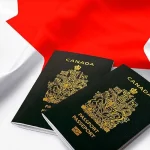
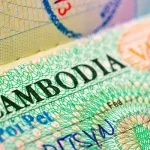

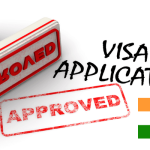




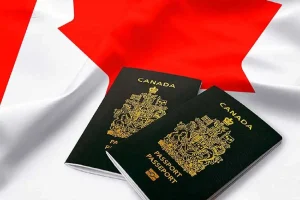
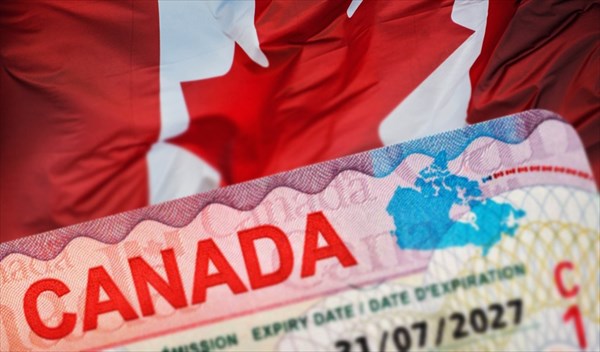

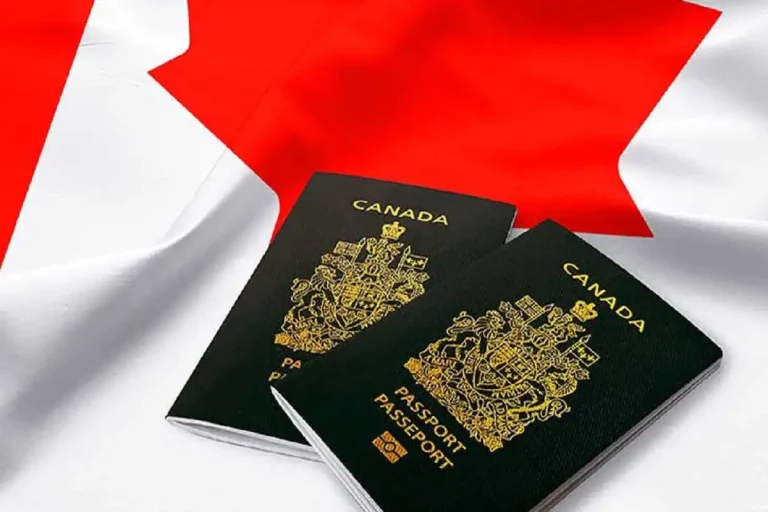
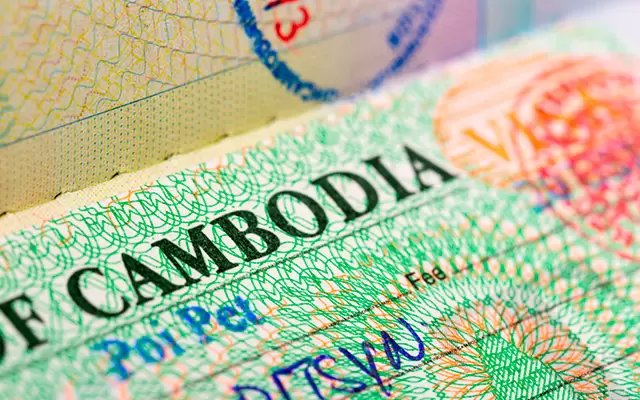





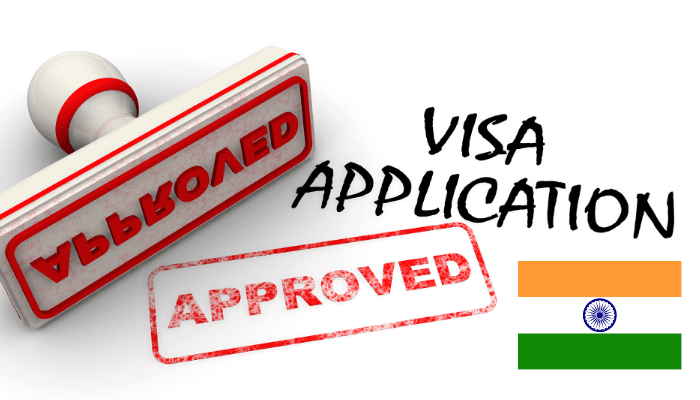
+ There are no comments
Add yours